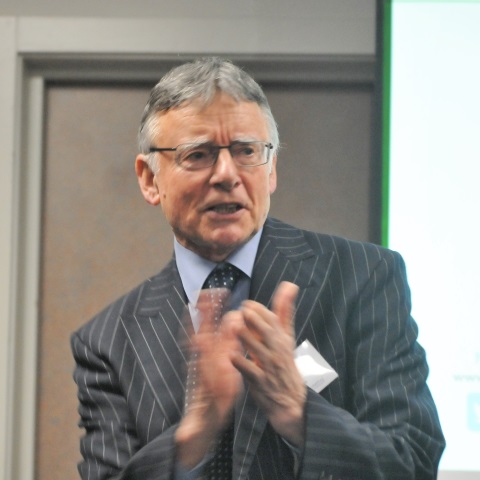Links to external sources may no longer work as intended. The content may not represent the latest thinking in this area or the Society’s current position on the topic.
Bio-nano interactions: new tools, insights and impacts
Satellite meeting organised by Dr Michaela Kendall, Professor Kevin Kendall FRS, Professor Liam Grover and Professor Paula Mendes
Event details
Bionanotechnology is advancing to control and understand bio-nano interactions. New materials and devices are developed for applications, such as medicine. Influencing biology with nanoscopic materials provides opportunity to create innovative therapies or detect disease with unprecedented sensitivity, revealing the functions of cell components or molecules. Intracellular interference implies that toxicological risk should also be considered and avoided by safe design.
Download the meeting programme
Call for posters
To submit a poster to the organisers for inclusion in the meeting please email a title, 150 abstract and authors to the events team.
Biographies of the organisers and speakers are available below. Recorded audio of the presentations will be available on this page after the event.
Attending this event
This is a residential conference, which allows for increased discussion and networking. It is free to attend, however participants need to cover their accommodation and catering costs if required.
Enquiries: Contact the events team
Participants are encouraged to attend the related scientific discussion meeting which immediately precedes this event and is open to all.



